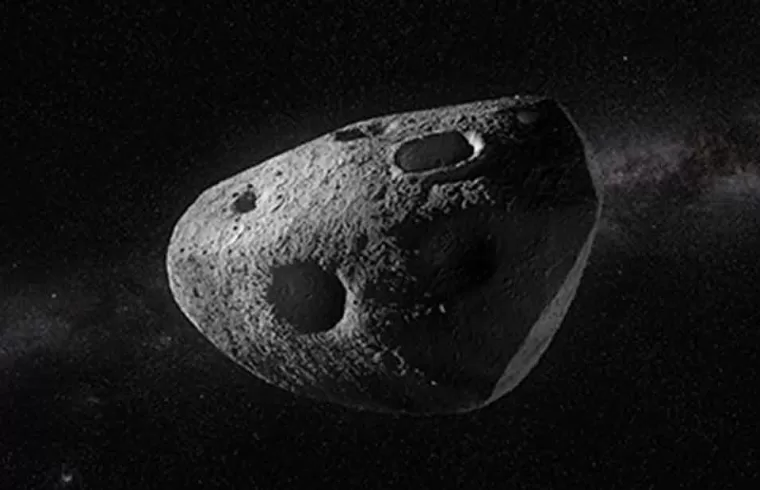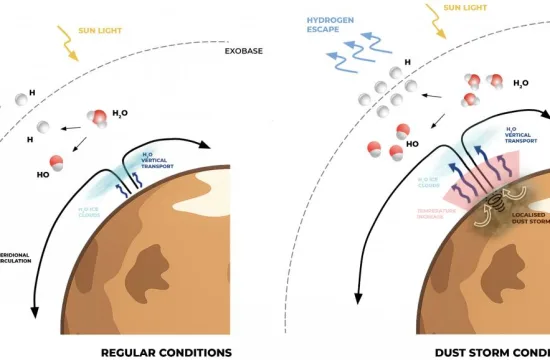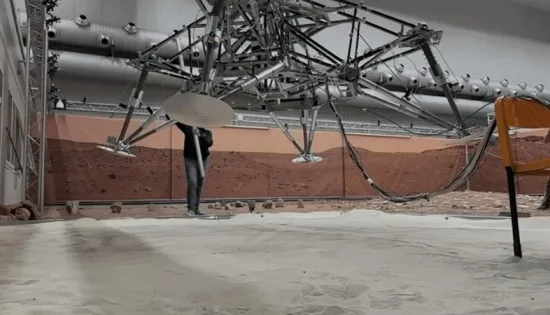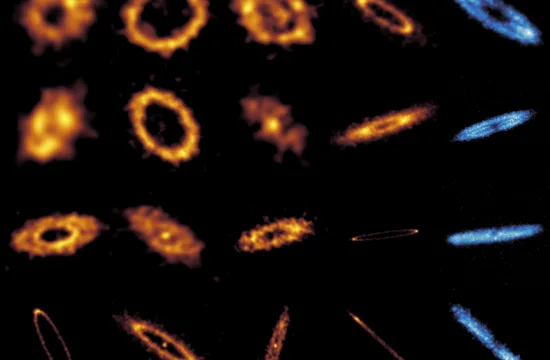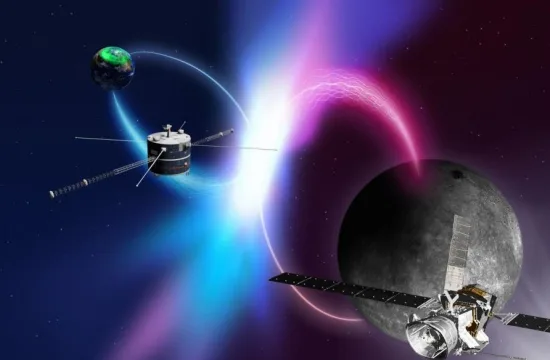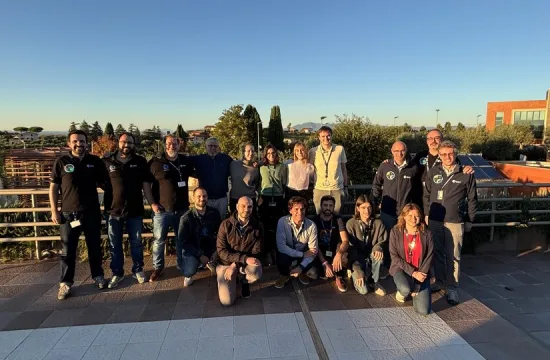Brussels/Tokyo, August 27— The European Space Agency (ESA) and the Japan Aerospace Exploration Agency (JAXA) are advancing plans for a potential collaboration on ESA’s proposed Rapid Apophis Mission for Space Safety (RAMSES), aimed at studying the asteroid Apophis during its exceptionally close flyby of Earth in 2029.
JAXA has formally submitted a funding request to the Government of Japan to support its participation in the mission. If approved, JAXA would contribute key components, including solar arrays, an infrared imager, and a rideshare launch aboard Japan’s H3 launch vehicle.
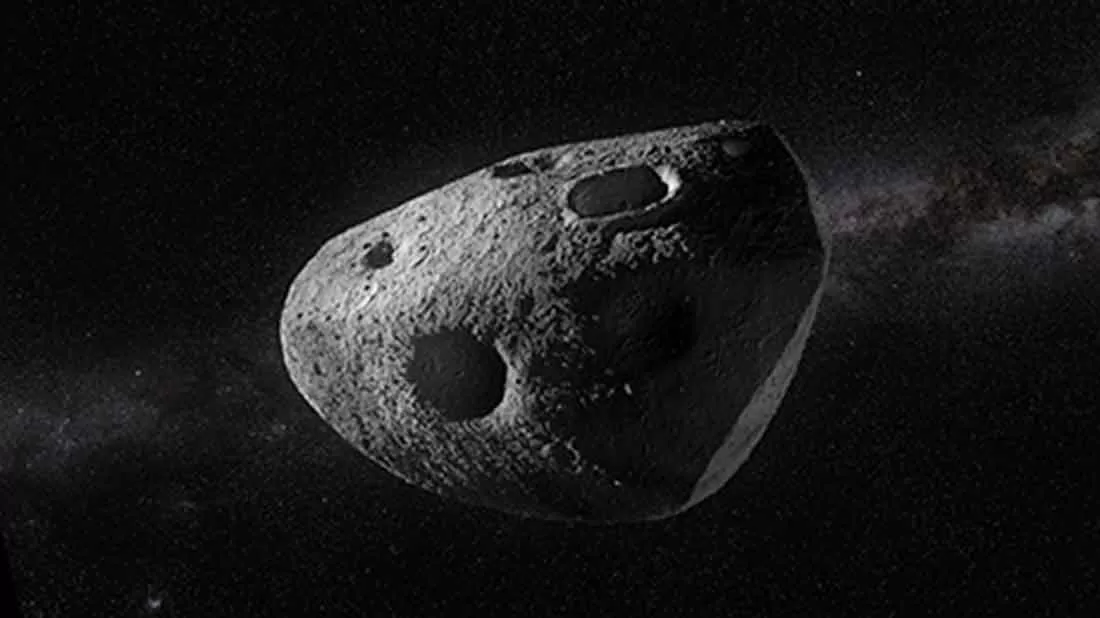
RAMSES is designed to rendezvous with the 375-meter-wide asteroid and monitor its physical changes as it passes near Earth—a rare event that offers scientists a once-in-a-millennium opportunity to observe how gravitational forces affect a large celestial body. The data collected could significantly enhance planetary defense strategies against future asteroid threats.
ESA’s Ministerial Council, scheduled for November 2025, will determine whether the mission receives formal approval. A 2028 launch window is critical to intercept Apophis ahead of its 2029 flyby, prompting ESA to begin preliminary feasibility studies.
JAXA is already a key partner in ESA’s Hera mission, currently en route to asteroid Didymos, and the two agencies have been exploring collaborative roles for RAMSES over recent months.
“We truly feel like one globally integrated team with a common goal,” said Paolo Martino, ESA’s RAMSES mission manager. “Our experience with JAXA on Hera has been outstanding, and we’re excited to take on the challenge of reaching Apophis together.”
Holger Krag, Head of ESA’s Space Safety Programme, echoed the sentiment: “International collaboration lies at the heart of planetary defense. ESA welcomes JAXA’s growing interest in RAMSES and looks forward to strengthening our partnership in safeguarding Earth from space hazards.”
If approved, RAMSES would mark another milestone in global cooperation on space safety and planetary defense, reinforcing the strategic alliance between Europe and Japan in tackling cosmic threats.

